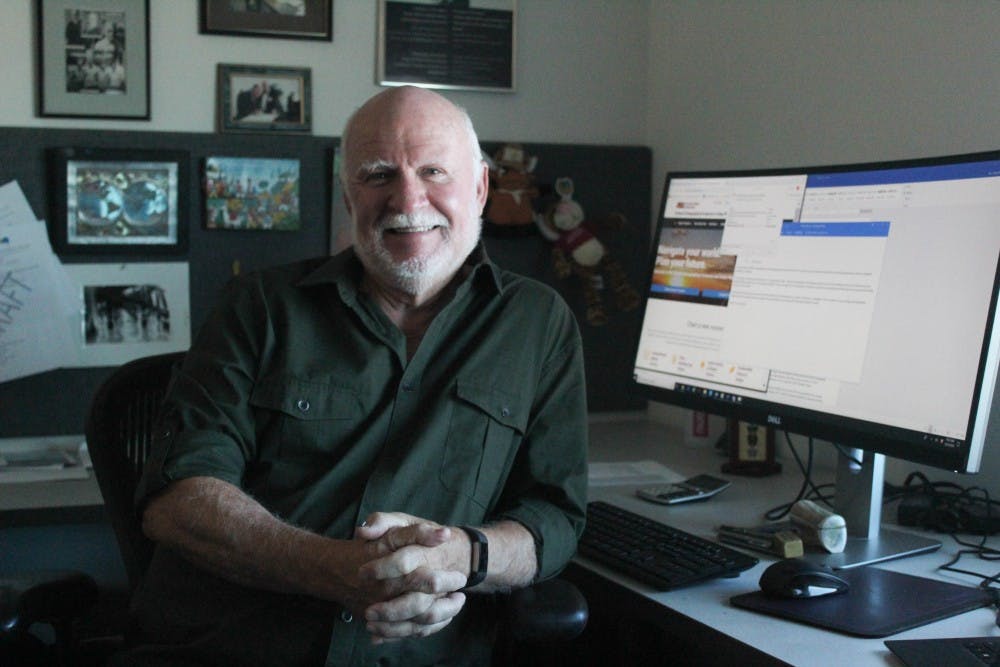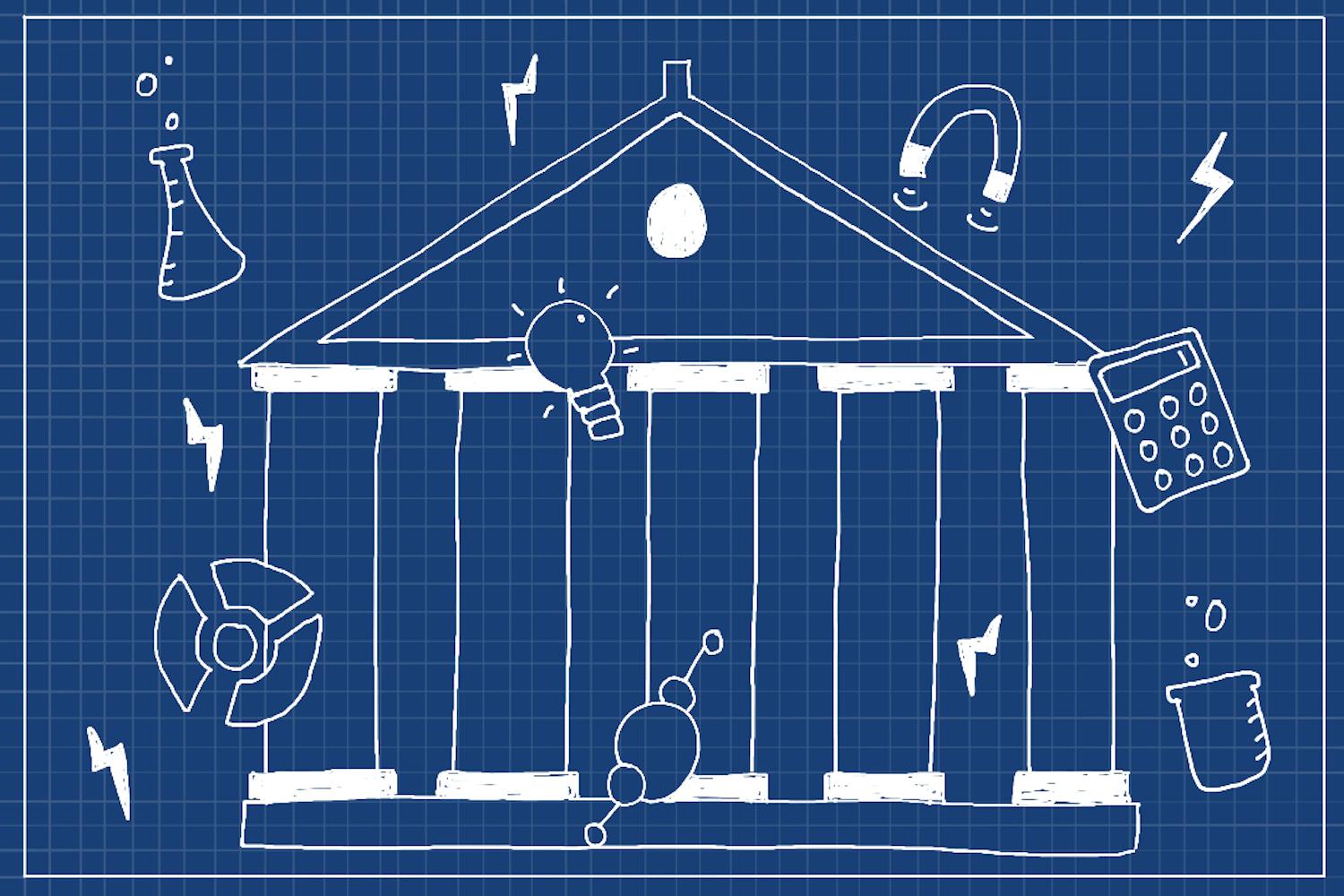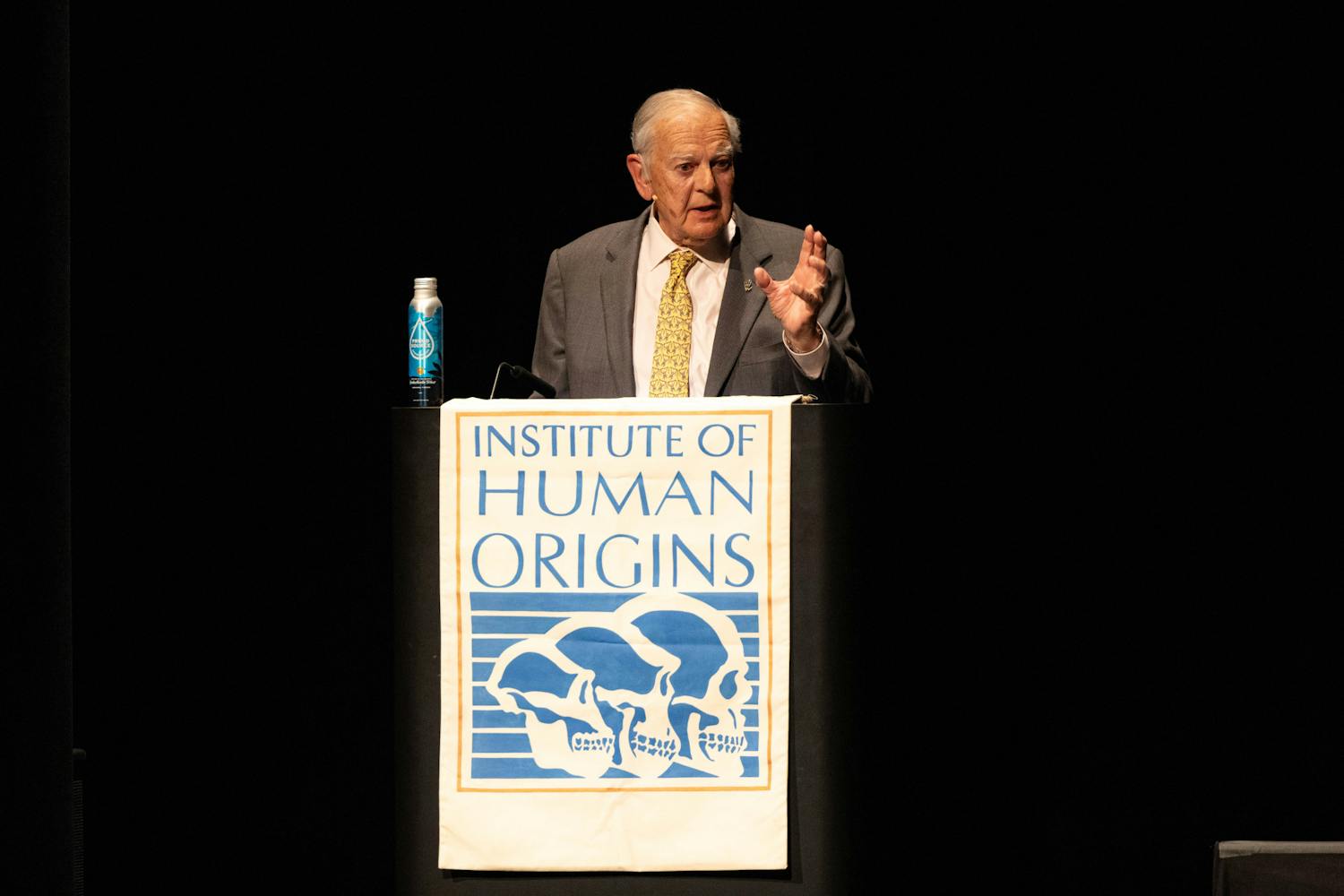The difference between 1.5 and 2 degrees Celsius may not seem huge, but according to a recent report by the UN Intergovernmental Panel on Climate Change, that half a degree will have dire consequences for the environment.
On Oct. 8, the UN Intergovernmental Panel on Climate Change (IPCC) shared a report finding that global warming needs to be kept to a maximum of 1.5 degrees Celsius within the next 12 years to prevent irreversible consequences.
With over 6,000 scientific references cited, the report shares that limiting global warming to 1.5 degrees Celsius compared to 2 degrees Celsius could help diminish the risk of floods, extreme heat, drought, climate-related poverty, heat-related deaths and more.
National governments — sans that of the U.S. — will review the Paris Agreement to tackle climate change at the Katowice Climate Change Conference in Poland this December, and this report will offer key scientific input.
In light of the recent IPCC report and others alike, ASU professors are hoping people will be inspired to change their ways of living.
Valerie Mueller, an assistant professor in the School of Politics and Global Studies, had research on migration and climate change referenced in the report.
“If we want to prevent global climate change from increasing as much as three-to-four degrees — and at that point (there would be) the same feedback loops such as icebergs melting, worsening sea level rise and other environmental factors — we really need to start figuring out ways to reduce emissions globally,” Mueller said.
But University experts say a change in human behavior is easier said than done.
They said that a majority of individuals, especially in the U.S., will not change their behavior because they are not yet seeing the immediate effects.
Glenn Sheriff, an assistant professor in the School of Politics and Global Studies who researches environmental and climate policy, said he was not surprised by the recent IPCC report.
“Since the Paris Agreement, it's been pretty well known that we, as a planet, have not been making great progress in terms of reducing greenhouse gas emissions,” Sheriff said.
The agreement calls for national governments to keep the global temperature rise this century less than 2 degrees celsius compared to pre-industrial levels. President Donald Trump pulled the U.S. out of the agreement in June 2017.
Sheriff said that even more conservative climate change models, such as the carbon taxing proposals of Nobel Prize winning economist William Nordhaus, are still far beyond the steps most governments are willing to take to address climate change.
“Some people draw conclusions from Nordhaus’ model that we should be putting a tax on carbon around 30 dollars per ton of (carbon dioxide), and we're nowhere close to doing anything on that scale in the U.S., even in Europe, much less the rest of the world,” Sheriff said.
B.L. Turner, a professor of environment and society at ASU, is a senior editor for an upcoming group of IPCC reports.
He said that state regulation could bring about changes in behavior, but that regulation is politically difficult because it would force voters to change their lifestyles.
"Getting governments to do it is a whole different ball game, especially in the United States," Turner said.
Turner said that historically, the U.S. has had a strong deregulatory impulse, but that governments in other countries can create those regulations with minimal negative political response.
Sheriff said he's concerned that efforts taken now could be too little, too late.
“So the fundamental problem is that the changes we're experiencing now stem from emissions that happened 10, 20, 30 years ago,” Sheriff said. “Any action we take now is not going to be felt for 10, 20 or 30 years in the future.”
He said that's a fundamental political problem in fighting climate change: Even if people decided to change their lifestyles today, they wouldn't feel the benefits for years.
“It makes it really hard for people to be willing to shoulder those burdens," Sheriff said.
Even more difficult, slowing down climate change will take more than one great idea.
"They always are looking for the technological substitution, and that's the problem that we have with climate change right now," Turner said. "There's not one easy, magical technological solution that comes to play."
While the government and business communities have been slow to act on climate change, around three-fourths of millennials believe that humans should take steps to slow or halt climate change, according to a poll released by Alliance for Market Solutions.
Turner said that millennials tend to be concerned about climate change because they are the ones that must confront it.
Constant news stories about worsening climate change may make some people numb, Sheriff said. But it's still important to get the message out.
“How many times can we sound the alarm over and over again?” Sheriff said. "Nonetheless ... there is some value to getting people to talk about this and maybe gradually it will change some people's minds.”
Sheriff said reports like the recent IPCC report trigger conversations, which can lead to change.
These reports allow people to visualize a world impacted by climate change, he said.
“The idea of losing something concrete and irreplaceable,” Sheriff said. “The fact that this was something beautiful that we have that now as a planet, as a science culture is … not going to be there anymore because of what we're doing. That's in our power to change that.”
Reach the reporter at jlmyer10@asu.edu or follow @jessiemy94 on Twitter.
Like The State Press on Facebook and follow @statepress on Twitter.




